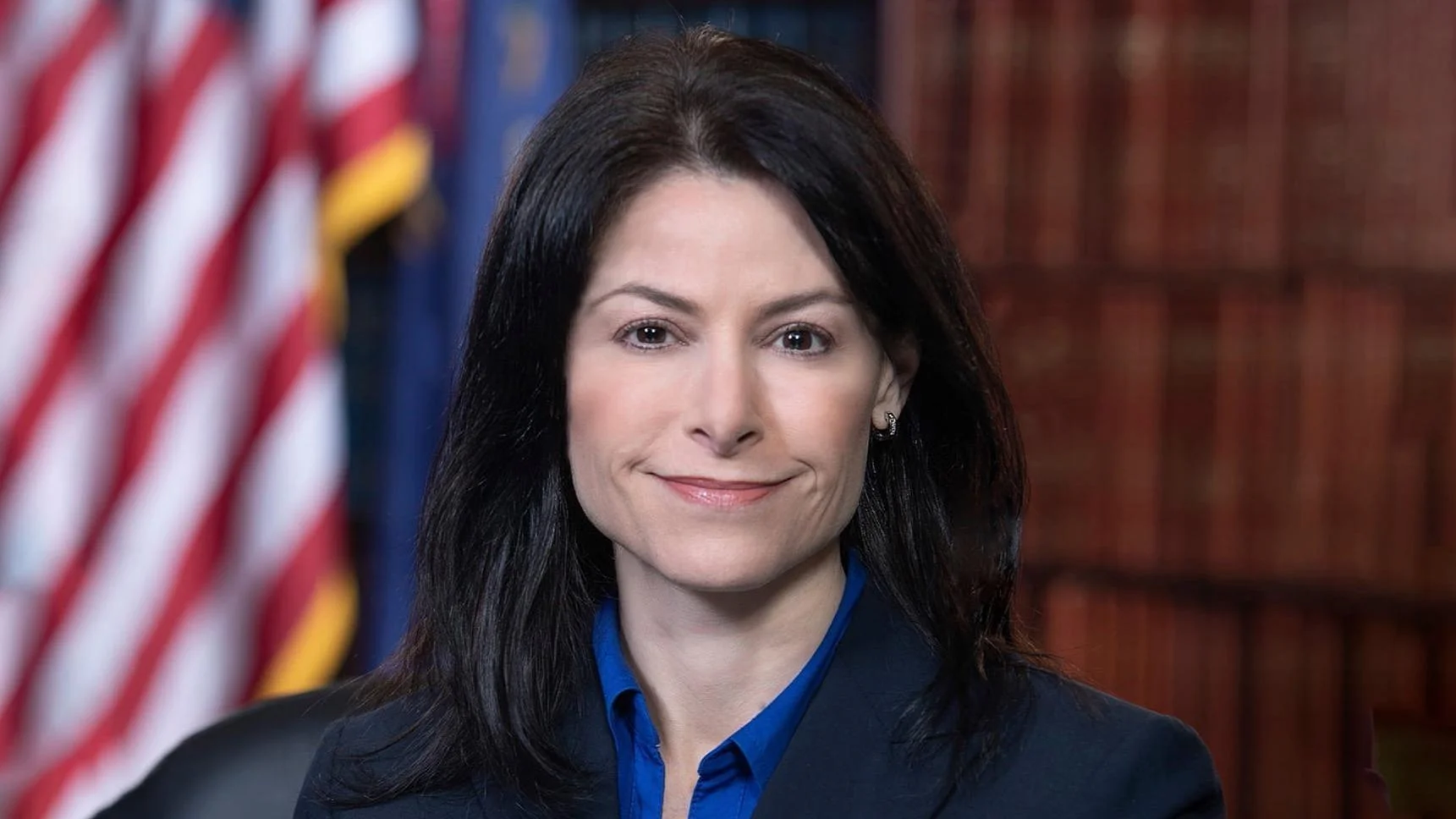Dana Nessel, Attorney General of Michigan | www.facebook.com
Dana Nessel, Attorney General of Michigan | www.facebook.com
Michigan Attorney General Dana Nessel has joined a coalition of 20 state attorneys general in filing an amicus brief in the case Stanford Daily Publishing Corporation v. Rubio. The case is being heard in the U.S. District Court for the Northern District of California. The brief supports The Stanford Daily, an independent student-run newspaper at Stanford University, in its lawsuit against the Trump Administration’s “Ideological Deportation Policy.” This policy targets noncitizens with lawful status, particularly college students and faculty, who express political beliefs that differ from those of the administration.
“Taking away student visas because of someone's political opinions is an embarrassing and unconstitutional stance for this administration to take,” Nessel said. “Michigan is home to dozens of incredible colleges and universities that attract students and faculty from across the world. Actions like this don’t just silence debate on campus – they threaten everyone's First Amendment rights by discouraging open discussion and the exchange of ideas. I join my colleagues in urging the Court to uphold the right to freedom of speech.”
The Trump Administration issued two Executive Orders (14161 and 14188) in January 2025, which direct federal agencies to investigate, detain, and deport noncitizen students and faculty based on their political speech. Following these orders, The Stanford Daily filed a lawsuit in August 2025 against Secretary of State Marco Rubio and Secretary of Homeland Security Kristi Noem. The lawsuit claims that several international student journalists have declined assignments or resigned out of concern that their reporting could lead to deportation.
In their brief, Nessel and her colleagues argue that using ideology as grounds for arresting or deporting lawful noncitizen residents threatens economic growth, stability, public health, safety, and the ability to attract diverse talent needed for key industries. They assert that such actions violate First Amendment protections related to free speech. The coalition also warns that if these policies are upheld by the court, they could undermine higher education’s purpose and harm state economies.
A recent ruling by the U.S. District Court for the District of Massachusetts in American Association of University Professors v. Rubio found that First Amendment protections apply equally to citizens and lawfully present noncitizens.
Other attorneys general joining Nessel include those from Arizona, California, Colorado, Connecticut, Delaware, Hawai‘i, Illinois, Maine, Maryland, Massachusetts, Minnesota, New Jersey, New Mexico, New York, Oregon, Rhode Island, Vermont Washington as well as the District of Columbia.





 Alerts Sign-up
Alerts Sign-up